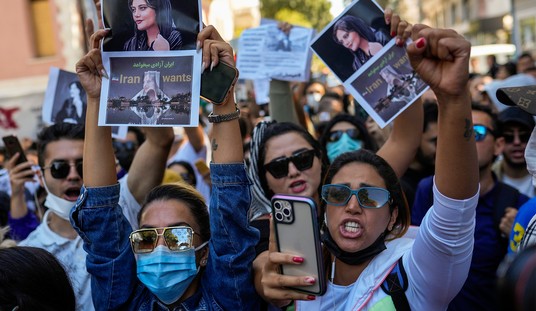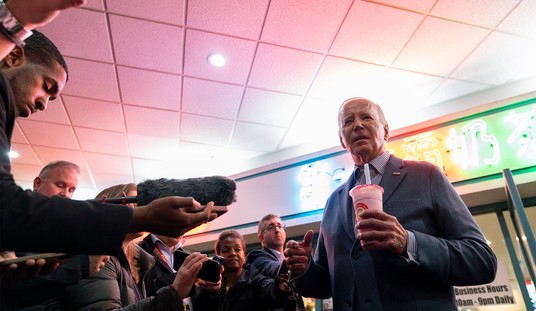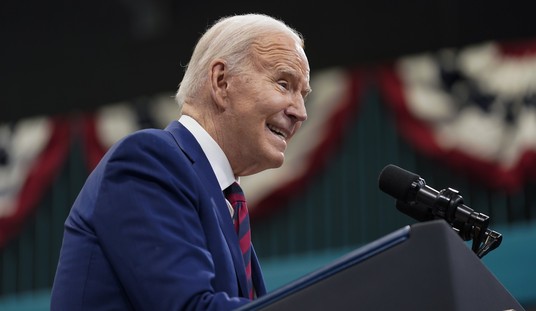While we in the United States celebrate Christmas and Chanukah in relative peace, albeit in a more restrained fashion given the economic crisis at home, Israelis are being forced to observe the holiday under the most dire of threats—-the increasing barrage of rockets fired by Hamas from Gaza, and the existential threat posed by the increasing likelihood that sooner or later, Iran will have a nuclear bomb.
To deal with Iran, leading neoconservatives like Joshua Muravchik have long advocated a preemptive bomb attack to knock out its nuclear arsenal. (See his article in the current issue of World Affairs Journal). The only way George W. Bush can leave with a successful Presidency, Muravchik argues, is to hit “one more home run-right into Iran’s nuclear facilities.” In a similar fashion, Norman Podhoretz has long called for the essential necessity of such a pre-emptive strike.
It appears that such a course is not going to be taken, either in the last few weeks of the Bush Administration or by the Obama Administration. President-elect Barack Obama is committed to trying to obtain U.S. objectives by diplomatic means. So the question becomes whether or not the toughest and shrewdest diplomacy will be able to thwart the Iranian leadership’s nuclear ambitions.
The various options open to the United States are thoughtfully discussed in an article by Patrick Clawson and Michael Eisenstadt, The Last Resort:Consequences of Preventive Military Action Against Iran, published by the Washington Institute for Near East Policy and available as a free PDF download. I urge anyone who is interested in this complex issue to print out this 44 page discussion.
Everyone seems to be waiting for a clarifying moment, but the problem is that such a moment may never arrive. The authors do understand, as they put it, that if “diplomacy fails, then despite all the risks, preventive force may be the only way to avert the possible emergence of a nuclear Iran and the associated danger of a nuclear arms race in the Middle East, as well as a grave weakening of the global nonproliferation regime.”
This morning, on MSNBC’s “Morning Joe,” Andrea Mitchell suggested that the sources she has spoken to do not want Iran to become a nuclear power, but are resigned to the fact that it will, and the United States and the West will have to live with that and make policy accordingly. So the question remains, will the diplomatic efforts succeed, allowing policy-makers to avoid such a stark outcome? The authors of The Last Resort believe that there is still hope, since Iran is in a weak position economically, and that the more pressure is put on Iran, “the more likely Iran’s leaders will become sensitive to their weaknesses and decide to postpone, if not halt, their nuclear ambitions.”
If that does not occur, and pessimists (including myself) think that will not take place, Clawson and Eisenstadt suggest that there has to be a “searching debate” about the relative merits of deterrence versus preventive action. Underlying such a debate, they warn, is the understanding that in the last resort, the United States may very well- even the Obama Administration-have to take military action against Iran’s nuclear installations. Arguing that a diplomatic solution is preferable, they stress that “steps should be taken now to strengthen the credibility of the military option.”
Let us hope that the Obama team and future Secretary of State Hillary Clinton reads this study, and takes its advice into serious consideration. And let us hope that when such contingency plans for an attack are developed, they are not abandoned after someone leaks them to Seymour Hersh, who will write yet another New Yorker article revealing that the United States has been taken over by neoconservatives seeking to push America to war on behalf of Israel.
________________________________
I should also add that policy-makers should take into account the ideas of fellow PJM blogger Michael Ledeen, who for the past few years had made a single point: the United States should proudly and openly give aid to Iran’s brave dissidents and democrats, as our country did to Solidarity in the waning days of the Cold War and during Ronald Reagan’s Presidendcy. Support to democratic revolution in Iran avoids the pitfalls of bombing on the one hand and appeasement on the other.








Join the conversation as a VIP Member